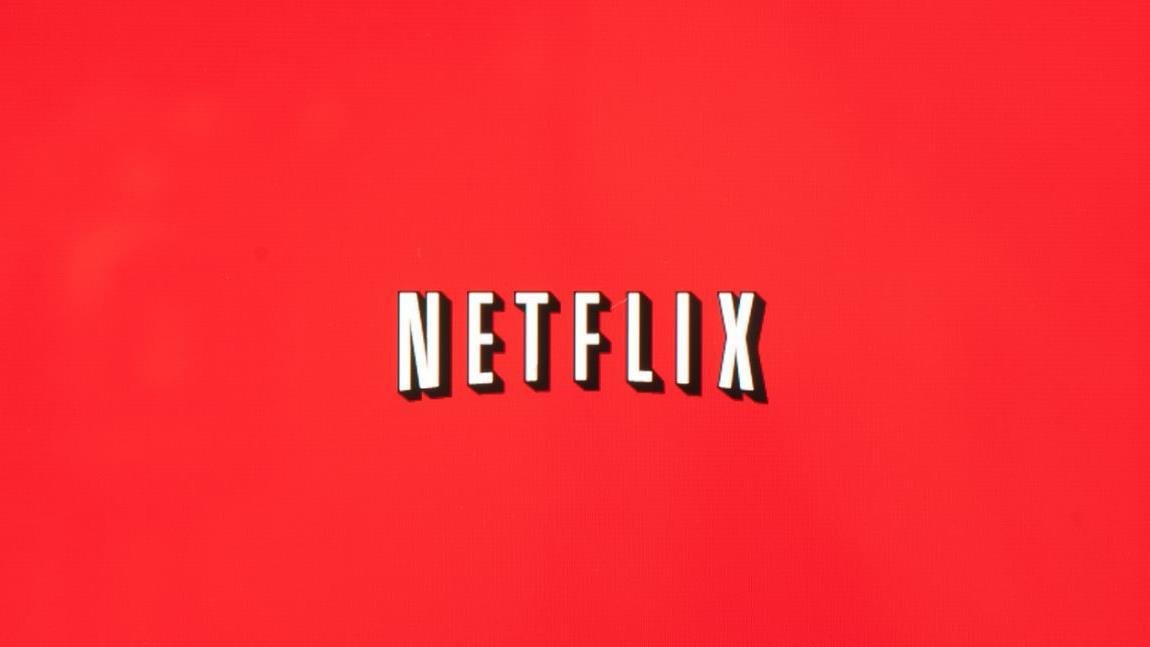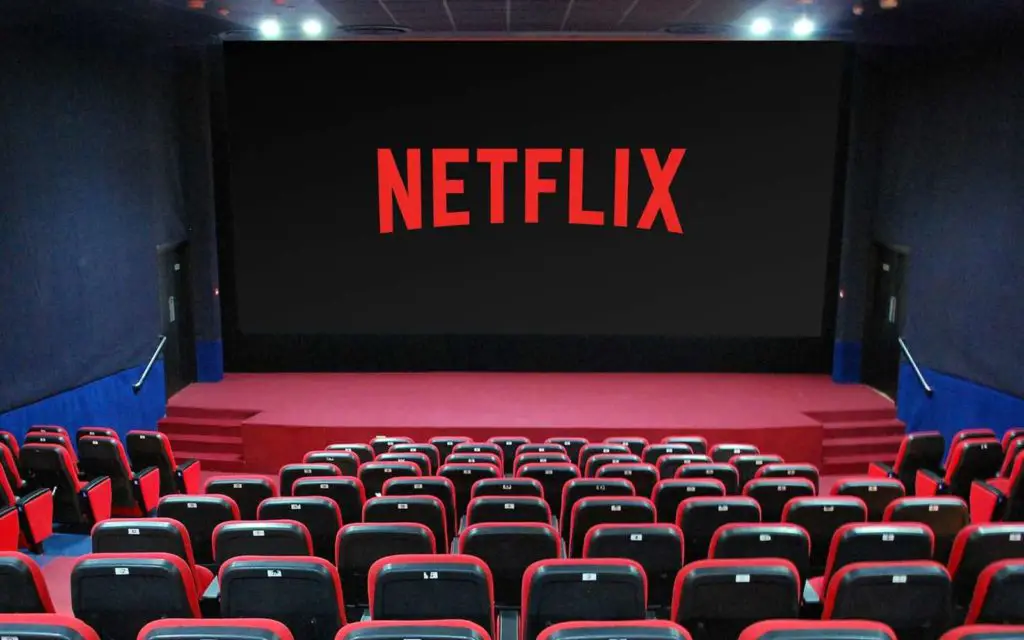Disney and Netflix may take over theaters: a change in US law predicts changes in cinema globally.
A couple of weeks ago, on August 8, the stock prices of the largest movie chains in the United States rose sharply and unexpectedly. The most benefited was the AMC Entertainment chain, with a rise of 14.7%. They were followed by Cinemark (5.3%), Marcus (6.57%), Imax (3.3%) and National CineMedia (2.4%). But weren’t the theaters in crisis due to the lack of premieres due to the coronavirus? What is the reason for this apparent improvement in the financial situation of all these chains, which account for a very important number of cinemas in the country?
How Disney and Netflix may take over theaters?
The reason has been that a new future is opening before them due to a change in American law that has passed a little under the radar, but could change the distribution and showing of films forever. In principle, it would affect only the United States, but if the shock wave of distribution ends up disturbing the finances of large companies, it is possible that they will rethink many of their productions, and there we are talking about a global impact.

The law that has been amended is what is known as the Hollywood Antitrust Case of 1948, or more popularly, the Paramount decrees. This is a decision made by the United States Supreme Court in the mid-twentieth century to prevent large studios from having their own cinemas and, with this, from deciding through exclusive rights which rooms could show their respective films. The Supreme Court decision completely changed the way films are distributed in the United States and, over time, shelved the classic Hollywood studio system as it was understood between the 1930s and 1940s.
Paramount decrees: Kill the majors!
The situation that caused the United States government to investigate the studios was that they owned chains of cinemas where they showed their films exclusively. In other words, there was a creative cycle in which the companies controlled the entire process of writing, production, even developing and editing the films, since they also owned the laboratories, and finally, the rooms. The situation could be described as an oligopoly, which occurs when the market is controlled by a few large players. Reduced competition inevitably leads to consumer losses, mainly due to price increases.
The Justice Department attacked Hollywood in full: Paramount Pictures was the main defendant, but the so-called Big Five (apart from Paramount, MGM, Warner, Fox and RKO) the Little Three (Universal, Columbia) were put on the bench. and United Artists) and multiple subsidiaries of all of them. Result: the studios had to undertake not to force cinemas to screen films without having previously seen them, and they proceeded to limit the scope of the practice known as block-book (forcing cinemas to acquire films “tied” to major premieres; that is, B movies paired with major productions with successful actors and directors).
Of course, there were protests from the studios, which came to nothing and generated a major crisis in the mainstream area of the business: RKO had to close down and between the 1950s and 1970s, a large number of production companies and movie theaters would flourish. independent cut. The old system of studios entered a decline from which it would not recover (the overwhelming arrival of television in the 1950s did not help either), with important qualitative changes at the creative and commercial level, the appearance of a more experimental and less conventional cinema, the arrival in the seventies of the New Hollywood and, finally, its subsequent absorption by the industry. The original 1948 decision remained the foundation stone of the antitrust laws And it set a precedent that hadn’t been questioned until now.

What will this situation leads us to?
It all started when the antitrust division of the US Department of Justice began to review decisions that had been made in the past and that did not have an expiration date. On November 18, 2019, the decision was made to reverse the Paramount Decrees, under the assumption that “it is unlikely that the remaining defendants can reinstate their cartels” (the term “cartel” refers here to the companies that, under an oligopoly, agree on market conditions behind the back of its natural movements: price increases, inventory restrictions, etc.). And on August 7, the order to annul the Decrees became effective, which will be implemented over a period of two years.
Officially, the law has become outdated: production companies that began their activity as distributors after the law took shape were not obliged to comply with it (Disney and Netflix, to give two examples distant in time but very relevant today). In addition, the American Justice recognizes that the film industry has evolved towards unthinkable formulas in the 1940s. Judge Analisa Torres, in charge of this decision, has stated that “as Internet movie streaming services proliferate, distributors have relied less and less on theatrical distribution. For example, some independent distributors subject to subscriptions rather than box office revenue, are currently releasing films in theaters. cinema with limited runs or same day as Internet film distribution services.”
- Disney announces new streaming platform: Star
- Netflix shuffle button will help you when you don’t know what to watch
- Netflix playback speed will be changeable on Android devices
It is true that the situation today is very different from what was experienced in the late 1940s, but the truth is that some media, such as Entertainment Weekly, have been quick to point out that, paradoxically, the annulment of the law because we are facing a new industrial panorama could give rise to a situation very similar to the one that existed then. Large corporations controlling all points of production, including distribution.
Because there is an element that cannot be discarded to analyze the situation: the coronavirus. Movie theaters are in a crisis situation with very few precedents, which makes them especially vulnerable to offers that can alleviate their situation. It is logical that rumors have been triggered that companies like Disney and Netflix are going to buy cinema chains because we have already seen movements in that direction, such as the agreement between AMC and Universal that allows the company’s films to spend only 17 days in rooms instead of the usual 90 so far. EW claims that the chain is offering the same treatment to other majors.
At a time when films like ‘Trolls 2: World Tour’ or, in short, ‘Mulan’, skip the exhibition in cinemas and decide on platforms like Disney and Netflix (and in both cases there have been very angry responses from the exhibitors in theaters), they begin to speed up the exhibition cycles, in many cases without looking to go back, at least permanently. Some analysts say that the only possible salvation for theaters is to return under the protective wing of the production companies.
In other words, cinema chains become luxury exhibition platforms for films whose most profitable exploitation would end up being streaming. That block booking that belongs to the past times of the exhibition could return with new forms, now that the big producers generate franchises that branch out: do you want the new Avengers movie or the latest ‘Warren File’ bombshell? Well, in the same package are included all these minor superhero films or terrifying prequels that, under those circumstances of assured distribution can begin to be produced for much less money.
These practices have only one clear end: the loss of variety and the suffocation of independent production companies and courtrooms or that simply want to distance themselves from the majors’ model. Entertainment is in fewer hands every time, and regardless of the type of movies and series that interest you as a viewer, it is a problem that can end up affecting the offer we have at our disposal.





